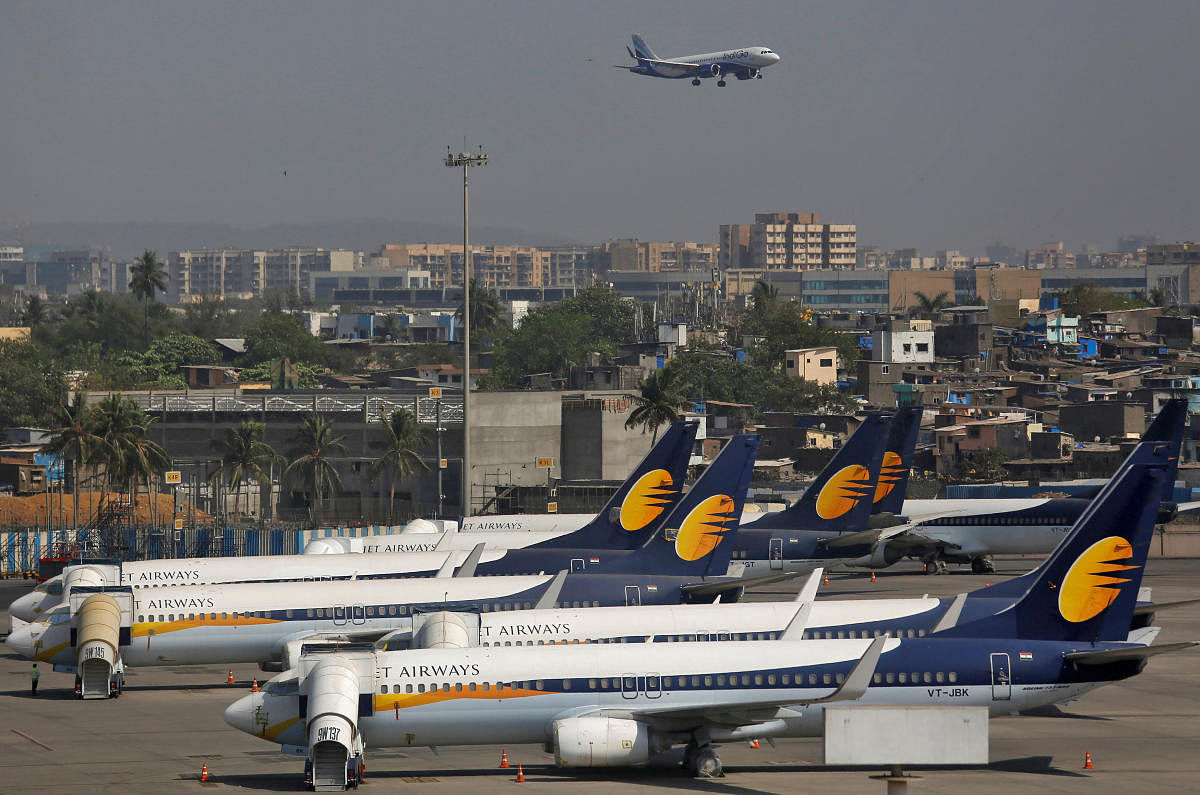
Jet Airways must be laid to rest, if it cannot be revived through a sale. Throwing public money to keep afloat a private company that’s been grossly mismanaged is unacceptable. In a market economy, there’s no place for offering life support to a failing airline that has piled up a whopping Rs 15,000 crore in debt and dues. Like any other business, an airline has to run on its own fuel, services strength, tight financial management and the best of marketing tools to stay in business and make money for investors. Jet cannot be an exception to this basic market principle. If Kingfisher, Deccan and several other airlines have slipped into oblivion, why shouldn’t Jet Airways? As much as Rs 20,000 crore may need to be pumped in to get Jet flying again. And that’s over and above the unserviced debt that has burnt a big hole into the company’s fragile balance sheet. Even if the Rs 400 crore emergency funding asked for were to be pumped in, how long can Jet survive with daily losses of Rs 21 crore? Should banks, financial institutions and other stakeholders take the Rs 35,000 crore exposure in a corporate entity that’s not run on a sound footing at all?
The demand by potential suitors like Etihad Airways, TPG Capital, Indigo Partners and National Infrastructure & Investment Fund (NIIF) that banks take a 80% haircut to proceed with the bidding for Jet Airways is preposterous. This pre-condition of sorts has put a big question mark on the bidding process, slated for completion by May 10. The State Bank of India (SBI), with the biggest exposure in the now-defunct airline, may have to take the lead to salvage its assets, such as landing rights, slots, routes, minor physical assets and deteriorating brand value. The first charge on the assets is that of the 22,000-odd employees that have built the airline with their sweat and blood. Bankers may have to rummage through whatever is left thereafter.
While promoter Naresh Goyal and the management take the blame for Jet’s abrupt closure, the Narendra Modi government cannot disown responsibility for not intervening early enough to prevent it. The government and the aviation regulator should have acted at least six months ago to avoid the inevitable. Now, the government must brace up to deal with a post-Jet void in the airlines business. Civil Aviation Minister Suresh Prabhu’s diktat that air passengers and small shareholders’ interest should be protected has come too late in the day. Already, air travellers are having to pay three to four times the normal fares on most routes.